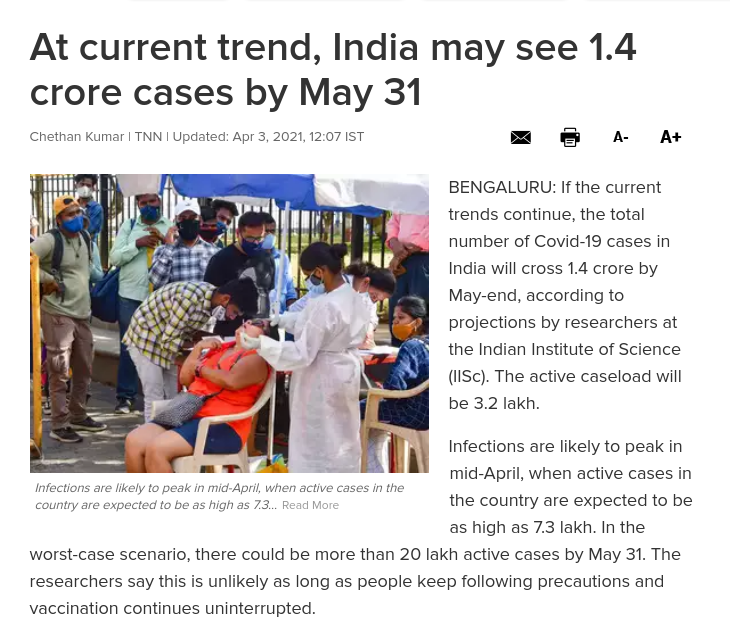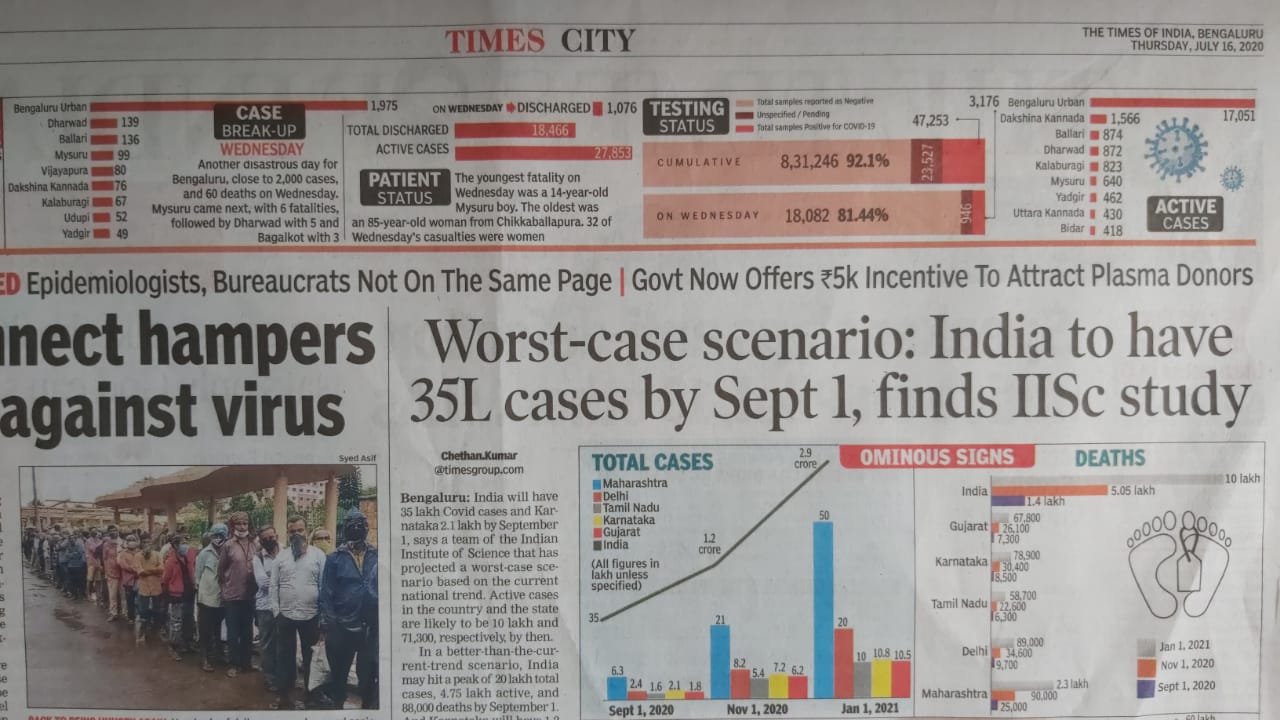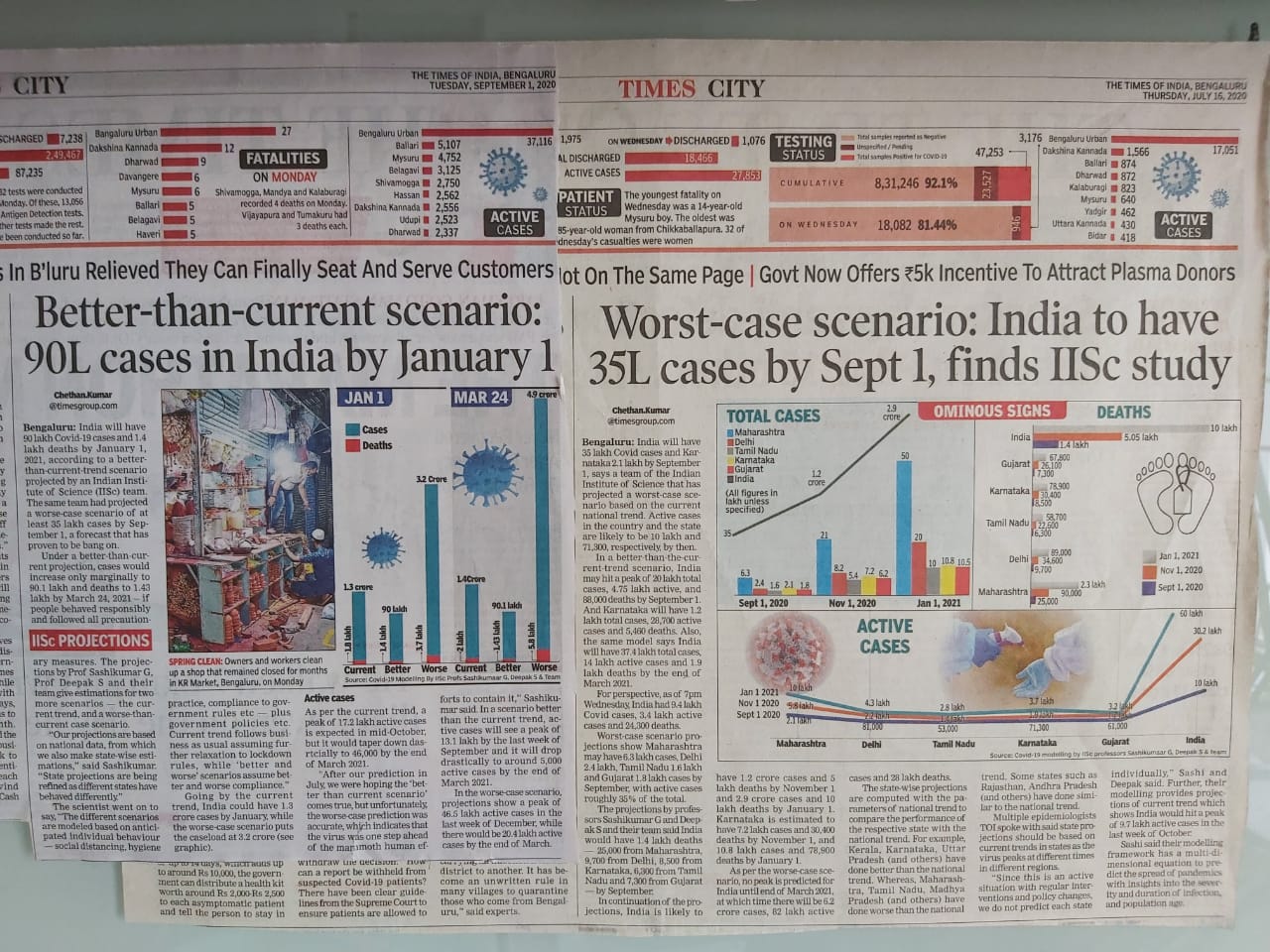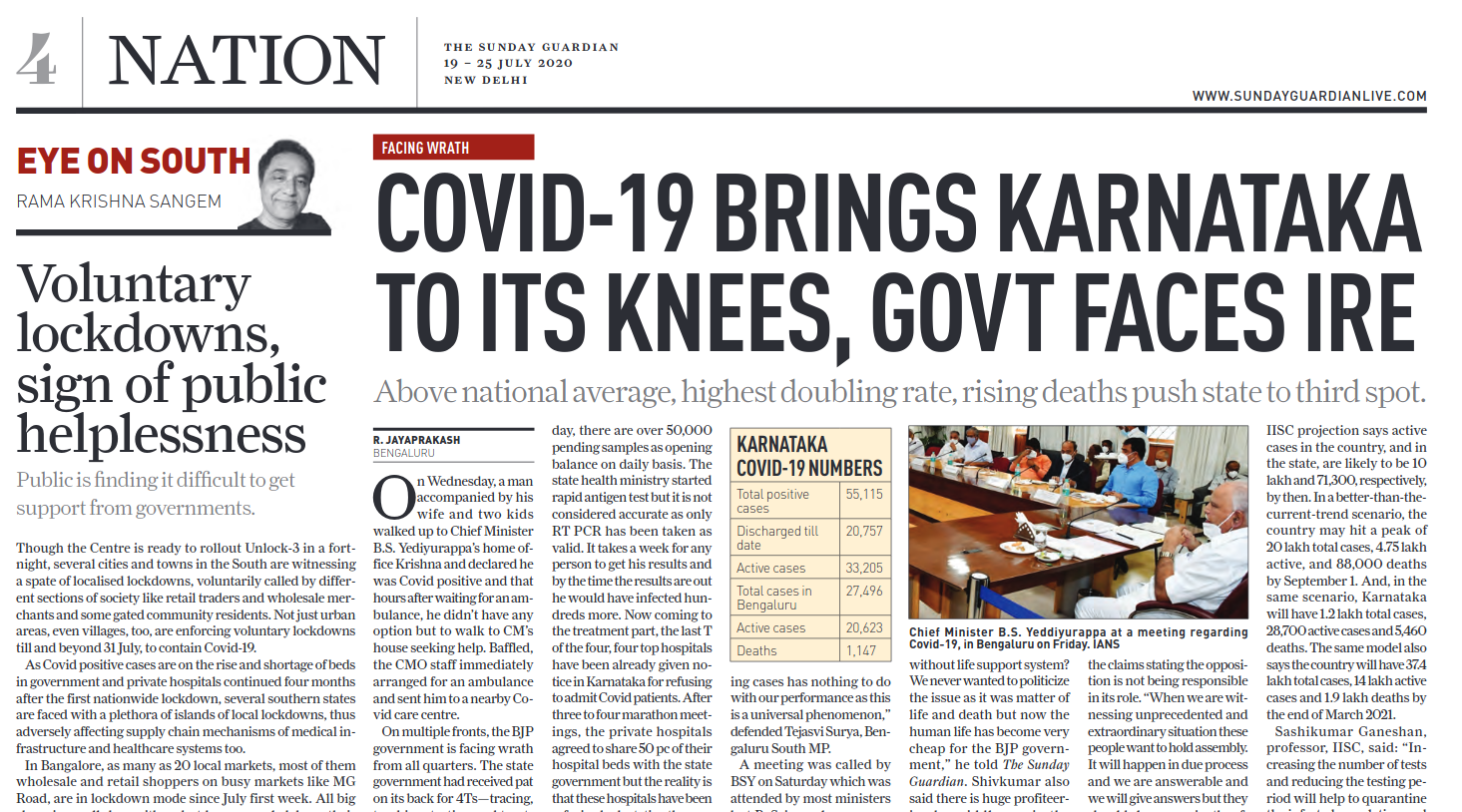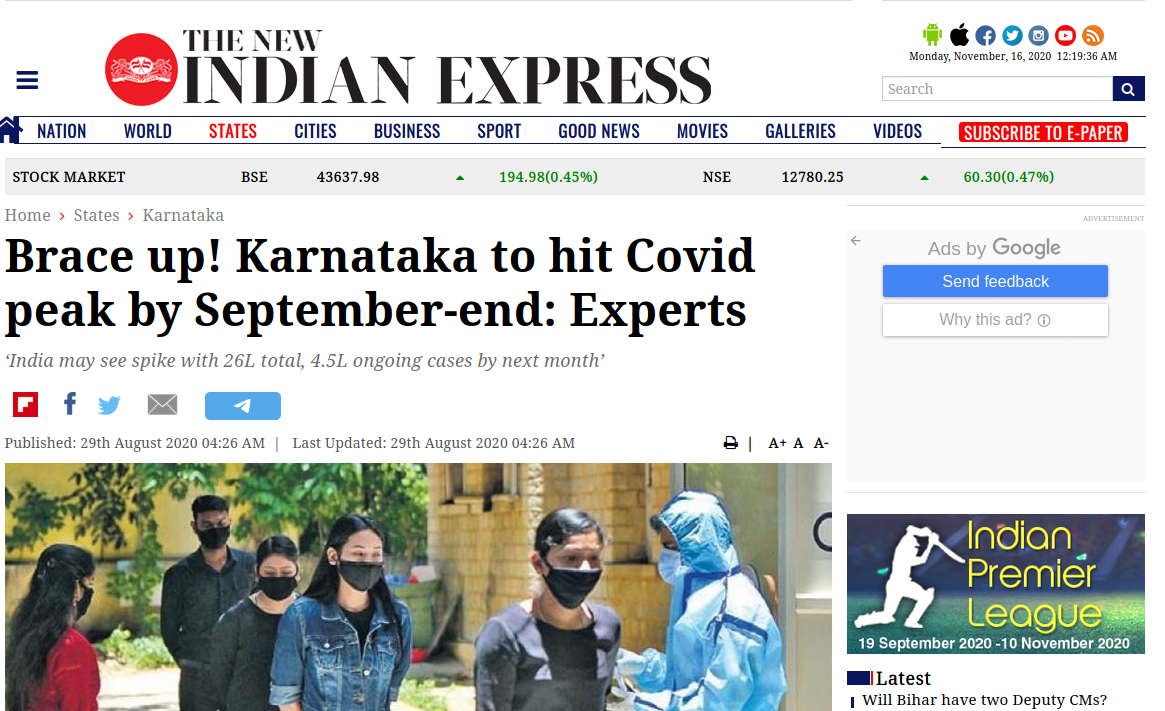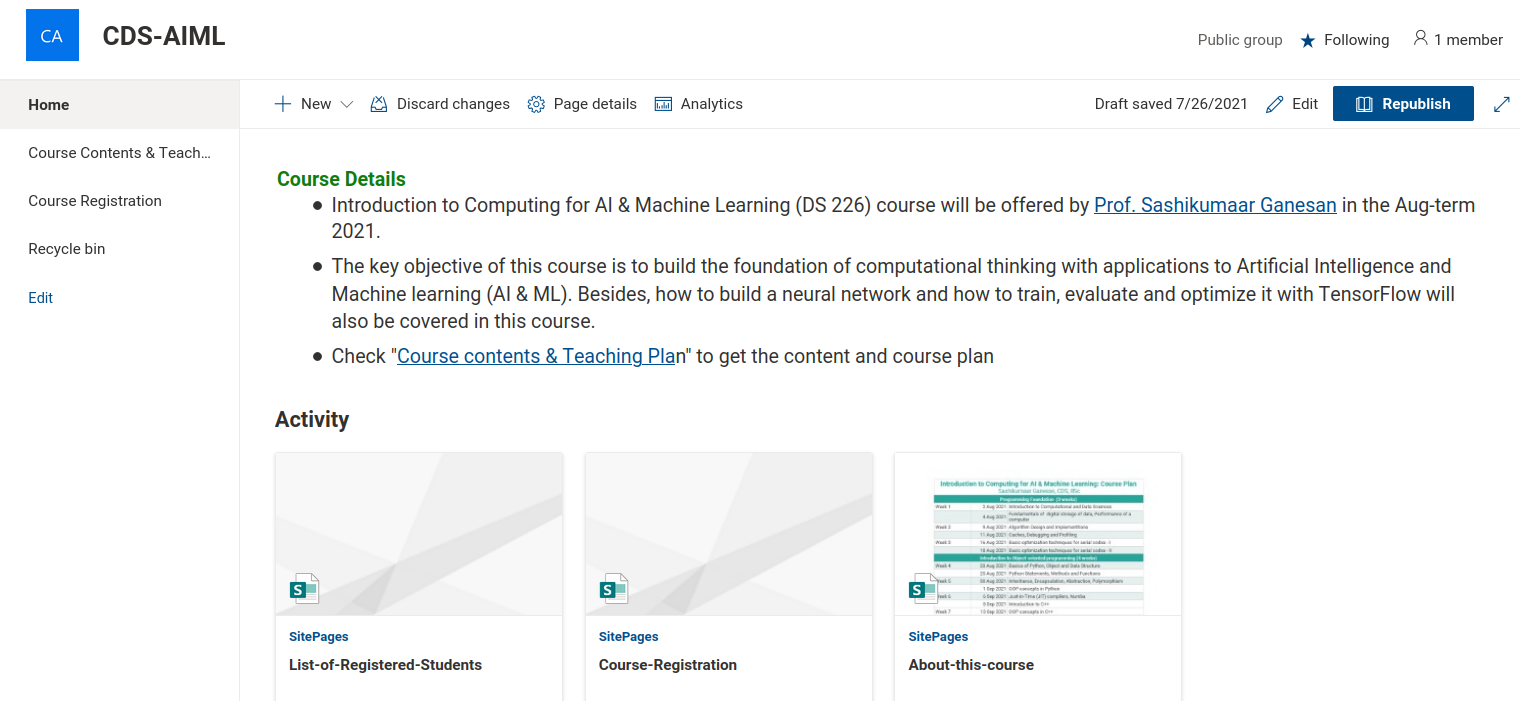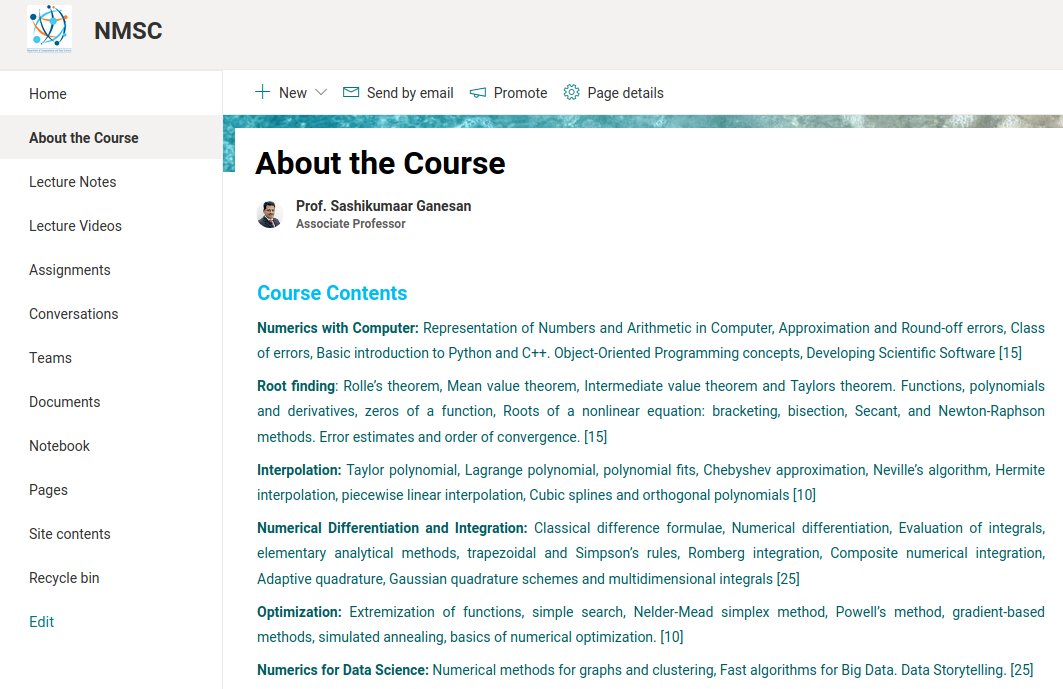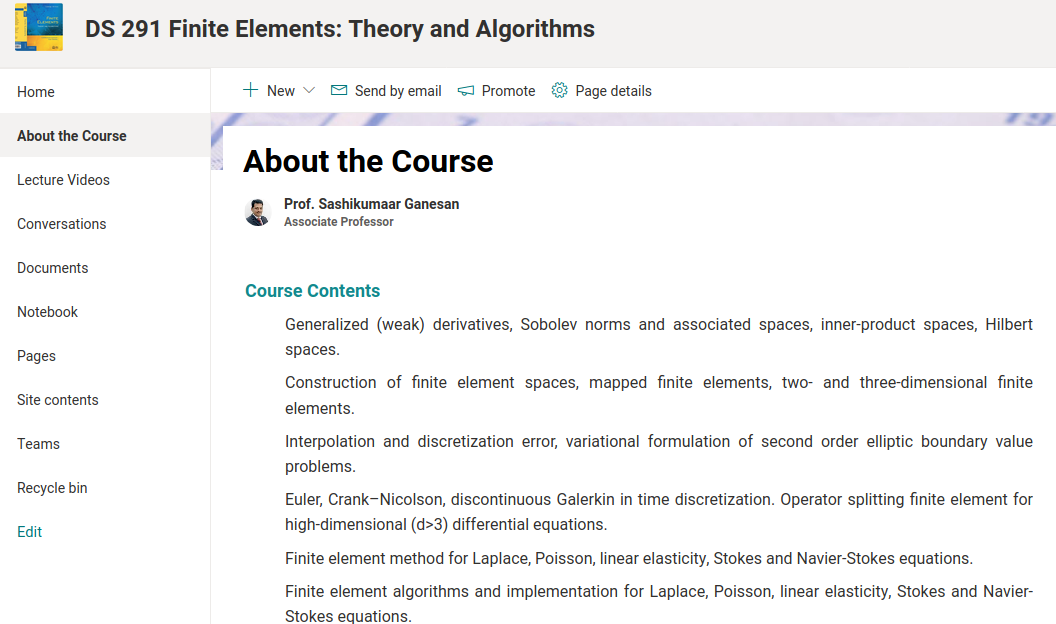The Journey
Professional Summary
Prof. Dr. Sashikumaar Ganesan
Prof. Sashikumaar Ganesan is a pioneer in Scientific Machine Learning (SciML) and Physics-AI Integration. He leads the AI for Research and Engineering eXcellence (AiREX) lab at IISc, where his team builds the mathematical backbones for next-generation AI.
Bridging academia and national strategy, he is the Founder of ZenteiQ AiTech Innovations. Under his leadership, ZenteiQ was selected by the Government of India (IndiaAI Mission) to build India's first Sovereign Scientific Foundation Models. ZenteiQ is building a portfolio of 8-80 billion parameter Scientific Foundation Models designed to accelerate R&D in aerospace, defence, and energy.
Leadership Roles
- Programme Director, Advanced Programs: Gen AI, Computational Data Science and AI, and AI & MLOps (since 2020).
- Chairman, CDS Department, IISc (2018–2024).
- Co-Convenor, Kotak-IISc AI-ML Centre.
- Founding Chair, M.Tech (online). Data Science & Business Analytics.
Academic Background
- Alexander von Humboldt (AvH) Postdoctoral Fellow, Weierstrass Institute for Applied Solutions and Stochastics, Berlin.
- Research Associate, Dept. of Aeronautics, Imperial College London.
- Ph.D. (Dr. rer. nat.), Computational Mathematics, Otto-von-Guericke University, Germany.
- Contact: sashi - AT - iisc.ac.in
- Phone: (+91) 802 293 2902
- Address:
Department of Comptational & Data Sciences,
Indian Institute of Science, Bangalore.
Karnataka, India - 560012
-
Prof. Ganesan advises on AI integration across aerospace, defence, and manufacturing sectors. His work supports the deployment of AI platforms integrating DataOps, MLOps, and LLMOps workflows to strengthen India’s sovereign AI initiatives.
We aim to build AI systems that not only understand science and engineering but actively contribute to solving scientific challenges.
15+
Years of Experiance
25+
Students Mentored
60++
Published Works
1000+
Professionals Upskilled in AI/ML
Research
Interests
AI for Research and Engineering eXcellence (AiREX) Labis at the forefront of integrating scientific computing with machine learning. Our group's mission is to harmonize the precision of scientific computing with the agility and adaptability of machine learning, paving the way for breakthroughs in both theoretical and applied domains. We delve into:
Artificial Intelligence (AI)
Focused on developing AI-based recommender systems for combat aircraft, with a special emphasis on emitter classification and multi-sensor data fusion. Additionally, there's a key focus on constructing platform engineering frameworks for the integration of diverse ML models. In the educational sector, the approach includes creating AI-driven predictive models based on learners' activities and developing tools for skill and performance assessments.
Scientific Machine Learning (SciML)
Our research is centered on integrating advanced parallel computing techniques, especially high-performance (hp) Physics-Informed Neural Networks (PINNs) and GPU acceleration, to enhance computational efficiency and accuracy. By infusing traditional numerical schemes with data-driven approaches, we align our work with the forefront of SciML trends, ensuring a harmonious blend of scientific precision and technological innovation.
Machine Learning Operations (MLOps)
Crafting scalable ML algorithms suited for diverse computational environments. Innovating in distributed training techniques and cloud computing applications. Implementing rigorous ML model and data version control systems. Establishing efficient CI/CD pipelines for ML deployment and operations.
Scientific Foundation Models
Moving beyond traditional simulation, we are developing "Intelligent Surrogates"—Large Science Models (LSMs) that learn the laws of physics. This research powers the creation of Digital Twins and enables real-time validation for critical engineering systems, directly fueling the innovation engine at ZenteiQ.
Research
Publications
Book
|
S. Ganesan & L. Tobiska :
Finite Elements: Theory and Algorithms.
Cambridge University Press, 2017, ISBN: 9781108415705.
|
Journal Articles
Book Chapters
|
S. Ganesan, A. Hahn, K. Simon, L. Tobiska:
Finite Element Computations for Dynamic Liquid-Fluid Interfaces.
In: M. T. Rahni, M. Karbaschi and R. Miller, editors, Computational Methods for Complex Liquid-Fluid Interfaces, CRC Press, Taylor and Francis Group, (2015) Ch.16, Pages: 331--351, ISBN: 9781498722087 (online) |
|
S. Ganesan, B. Pal, S.Srivastava:
Simulation of two-phase flows with surfactants.
In: N. K. Gupta, A. V. Manzhirov, and R. Velmurugan, editor, Topical problems in theoretical and applied mechanics, Elite Publishing House Pvt. Ltd., (2013) Pages: 418 - 425, ISBN: 978-81-88901-55-5 |
|
S. Ganesan, Bhanu Teja:
A multi-level finite element discretization for efficient solution of multidimensional population balance system.
In: S. Sundar, editor, Advances in PDE Modeling and Computation, Ane Books Pvt. Ltd., (2013), Pages: 105 - 118 (online) |
|
S. Ganesan, S. Rajasekaran, L. Tobiska:
An ALE-based finite element method for the simulation of an impinging droplet on a hot surface.
In: S. Sundar, editor, Advances in PDE Modeling and Computation, Ane Books Pvt. Ltd., (2013), Pages: 35 - 53 (online) |
|
S. Ganesan, L. Tobiska:
Finite Element Simulation of an Impinging Liquid Droplet.
In: Albrecht Bertram and Jürgen Tomas, editor, Micro-Macro-
Interactions In Structured Media and Particle Systems, Springer,
(2008) (online) |
|
S. Ganesan, L. Tobiska:
A Finite Element Method for the Simulation of a Liquid Droplet Impinging on a Solid Surface.
In: Palle Jorgensen, Xiaoping Shen, Chi-Wang Shu and Ningning Yan, editor, RECENT ADVANCES IN COMPUTATIONAL SCIENCES, World Scientific, (2008)
(online) |
Teaching
Courses

Generative and Agentic AI in Practice DS 246: Aug-Dec 2025
This hands-on course explores the engineering and deployment of Generative and Agentic AI systems. Emphasizing practical implementation, students will gain deep experience with LLMs, agent frameworks, RAG architectures, and fine-tuning techniques. The course also includes a deep technical dive into Transformer architecture and the Model Context Protocol (MCP), enabling students to build high-performance, memory-aware AI applications. A capstone project ensures real-world integration of the course content.
Schedule: Mon/Wed

AI and Machine Learning: Aug-Dec 2024 Online CCE course
AI-ML course is a CCE-PROFICIENCE semester long course, aimed to upskill students, researchers & working professionals on Computational Thinking with applications to ML/AI and Data Science in a "Learn-by-Doing" approach. Live lectures will be conducted in the evenings so that regular students from other institutes/colleges and working professionals can participate without affecting their normal schedule. CLICK to get the schedule.
Admissions open for Aug - Dec 2024 Term. Apply online!

Introduction to Computing for AI & Machine Learning, Jan - Apr 2023 Credits-3:1, DA 203o
This four-credit course will be offered every year in the Jan-April term as a core course to M.Tech. (Online) programme. This course is aimed at building the foundation of computational thinking with applications to Artificial Intelligence and Machine learning (AI & ML). Besides, how to build a neural network and how to train, evaluate and optimize it with TensorFlow will also be covered in this course.

HPCDS:: High-Performance Computing and Data Science (Online CCE course) Aug 21
HPCDS is a CCE-PROFICIENCE semester long course aimed at students, researchers, and professionals working on computational modeling or Data science applications who wish to upskill. This course will be organized during evening hours so that regular students from other institutes/colleges and working professionals can participate without affecting their normal schedule.
Consultancy
Projects
IndiaAI Mission (GoI)
Sovereign Scientific Foundation Model.
Selected as one of 12 startups to build India's indigenous AI infrastructure. A IndiAI mission initiative to develop an 8-80B parameter models that democratize access to high-fidelity engineering simulations for Indian R&D.

Shell India
Large Scale Simultion augmented by AI. This shell industrial project aims to develop a real-time environment-aware simulation of a wind turbine farm through combination of techniques in Deep Learning, Model Order Reduction and High-Performance Computing.

ITC Limited
Confidential.

Indo-German Partnership Program
The purpose of this four-year program (2020 - 2024) is to foster hardware-aware numerical schemes and scalable algorithms to harness future multi-node, multi-GPU supercomputers. The key focus is not only developing hardware-aware algorithms but to train young researchers in scientific computing through joint supervision, workshops, summer/winter schools.
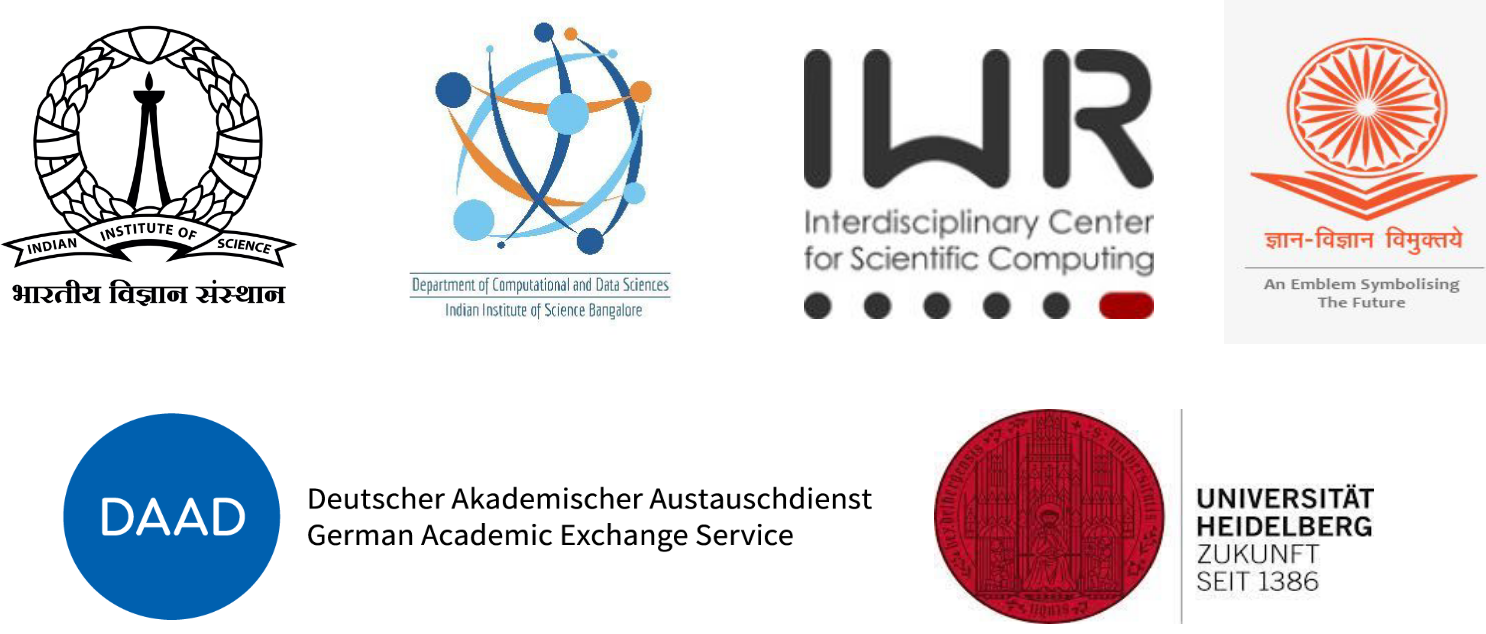

Confidential.
Societal
Impacts

